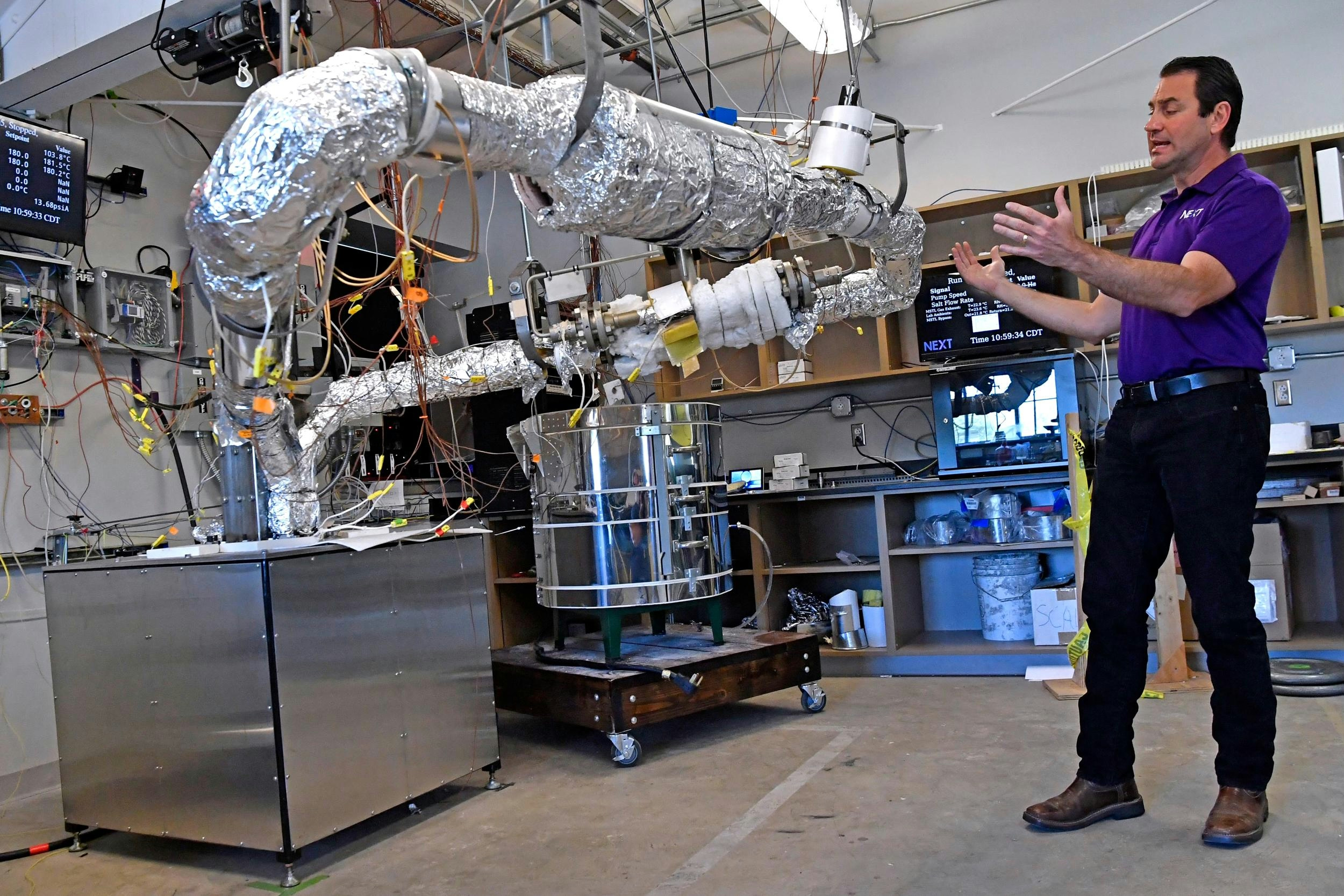AeroGenie — 您的智能副驾驶。
热门趋势
Categories
'Blue Sky' Powerhouse Begins Operations

'Blue Sky' Powerhouse Begins Operations
In a landmark event this July, Hefei Heyi Aviation Co’s electric vertical takeoff and landing (eVTOL) aircraft, the EH216-S, took flight above Luogang Park in Hefei, Anhui province. The two-seater vehicle, equipped with 16 carbon-fiber propellers, ascended swiftly to 50 meters, its white frame contrasting sharply against the clear blue sky. The park, once an old airport, has been transformed into a verdant urban space, symbolizing the city’s transition toward innovative aerial mobility.
Advancing Urban Air Mobility in China
The EH216-S represents a significant stride in China’s ambition to establish a “network in the sky.” Fully autonomous, the aircraft is designed to serve multiple functions including short-haul city transport, sightseeing, logistics, and emergency response. Zhang Yuhui, operations director at Hefei Heyi Aviation Co, highlighted that passengers will soon be able to book rides above the city skyline, bringing futuristic urban air travel closer to everyday reality.
This development follows a regulatory milestone achieved in March, when Hefei Heyi Aviation became one of the first Chinese companies to receive a civil aviation permit for operating manned passenger drones. Zhang described this approval as “a passport to the sky,” underscoring its importance in enabling commercial operations. The move aligns with China’s broader strategy to develop its low-altitude economy, which is expected to feature prominently in the forthcoming 15th Five-Year Plan (2026–2030). Gao Yuanyang, director of the General Aviation Industry Research Center at Beihang University, noted that the plan aims to build an integrated aerial network, positioning low-altitude airspace as a vital economic frontier.
Challenges and Prospects for Anhui’s Aerospace Ambitions
Anhui province is positioning itself as a key player in this emerging sector, shifting from its traditional manufacturing base toward aerospace innovation. However, the path to widespread adoption of urban air mobility faces several obstacles. Regulatory uncertainties persist, with ongoing government assessments potentially influencing the speed of commercial rollout. The urban air mobility market remains in its infancy, with limited operational projects, raising questions about near-term commercial viability.
Financial constraints also pose a significant challenge. Scaling production and establishing manufacturing infrastructure will require substantial investment, a factor that has drawn close scrutiny from investors and competitors alike. Rival companies are intensifying efforts to secure their foothold in this nascent industry, heightening competition as the sector evolves.
Despite these hurdles, the successful launch of the EH216-S marks a pivotal moment for urban transportation in China. As regulatory frameworks mature and market interest expands, Anhui’s “blue sky” vision may soon transform the country’s urban environment, one flight at a time.

Emirates Unveils Cabin Design for New Boeing 777X

Eighteen Years On, the Airbus A380 Remains Central to a $34 Billion Airline

How a boom in luxury airline seats is slowing down jet deliveries

Navitaire Outage Attributed to Planned Maintenance

Airbus Plans Record Delivery of 870 Aircraft in 2026

DigiYatra Debuts Outside Aviation at India AI Impact Summit

Vietnam Orders Strengthen Boeing’s Commercial Outlook

Airbus Signals Uncertainty Over Future A400M Orders

JobsOhio Awards $2 Million Grant to Hartzell Propeller for Innovation Center

Collins Aerospace Tests Sidekick Autonomy Software on YFQ-42A for U.S. Air Force CCA Program
